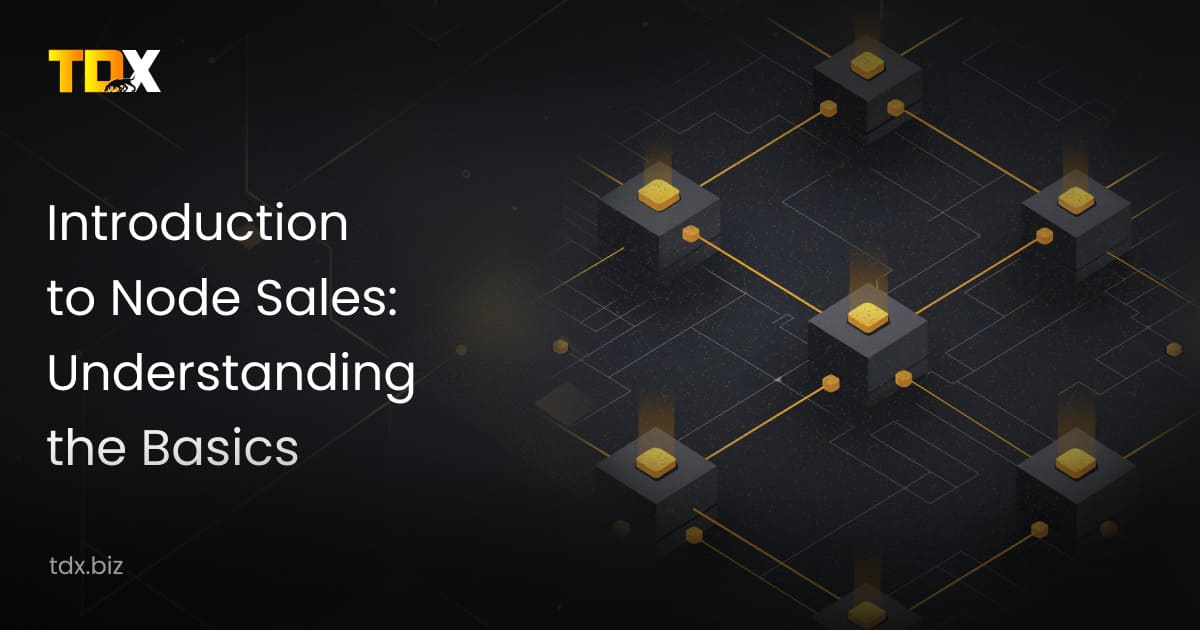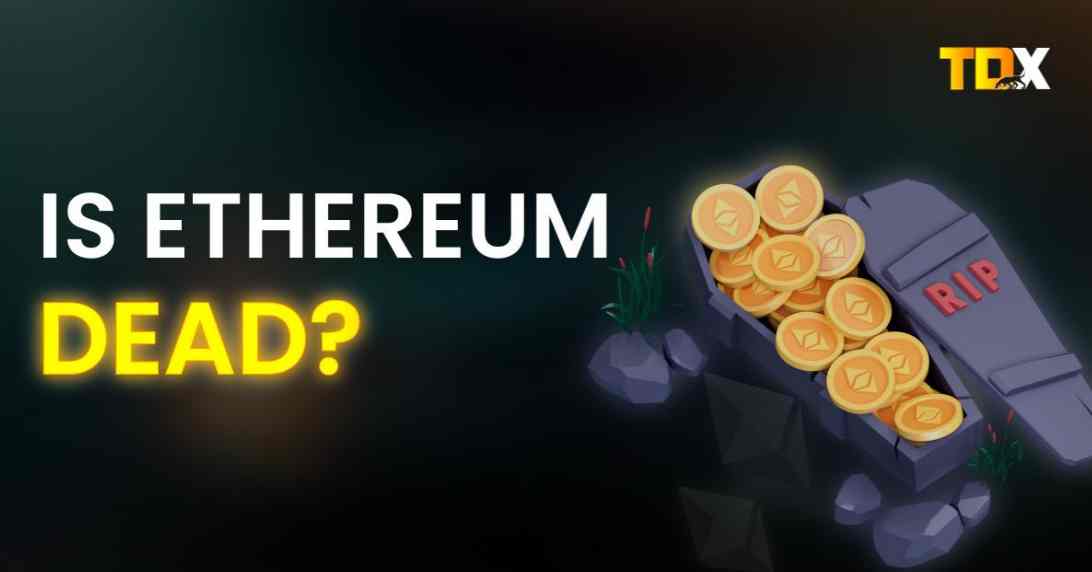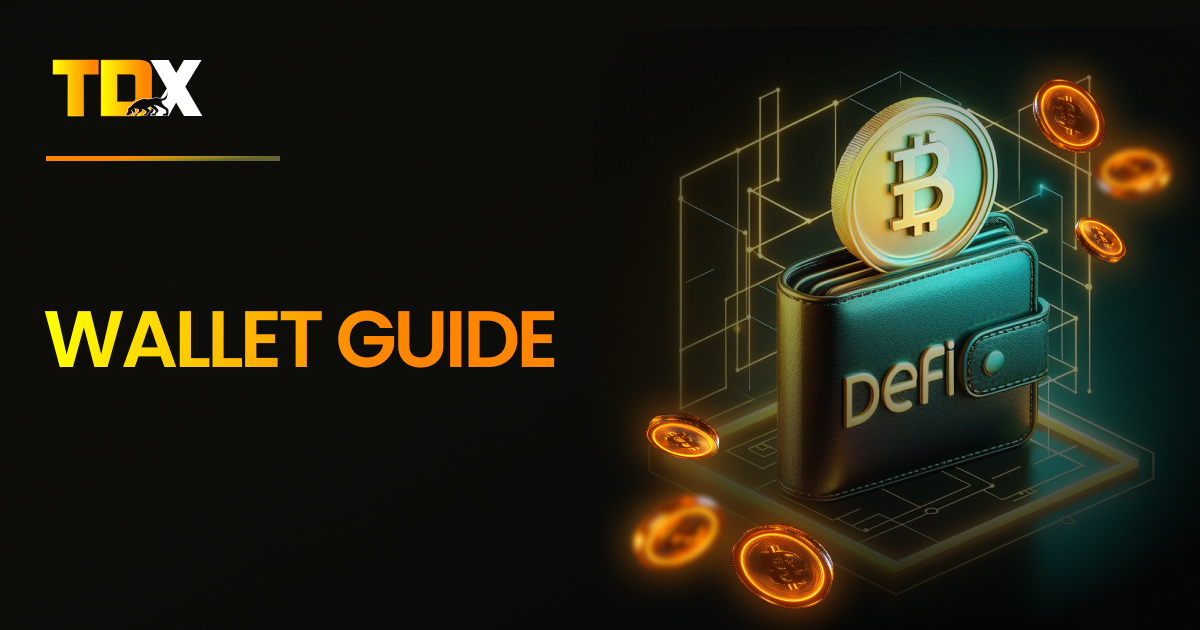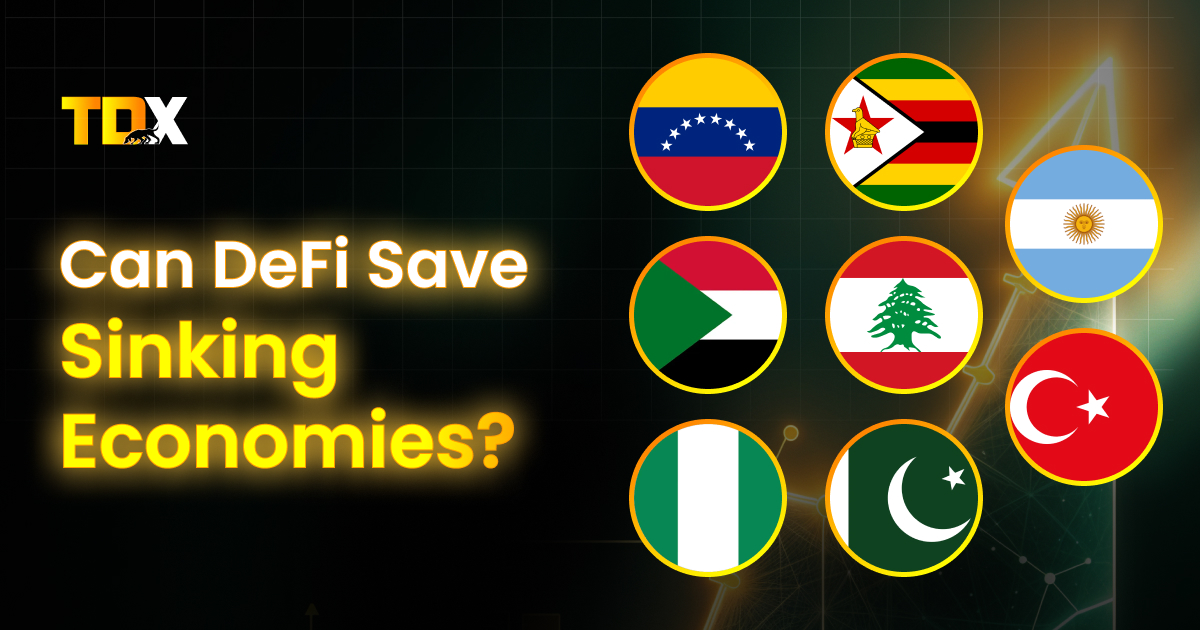




Introduction to Node Sales: Understanding the Basics
A lot has been said about the crypto space, but one thing is for sure: it’s never boring. As the industry evolves, so do the methods of building, marketing, networking, and even scamming. And, of course, raising capital continues to transform as well.
The latest narrative that has taken the crypto industry by storm is “Node Sales”. Many projects have recently conducted node sales and raised millions. For instance, Aethir raised $135 million, and Sophon raised $60 million. In this blog, we will delve into this narrative to understand the basics of node sales along with their potential benefits and risks.
Understanding Nodes: The Backbone of Blockchains
Before exploring node licenses, let’s understand the role of nodes in a blockchain network. Nodes essentially act as distributed computers scattered across the globe, each holding a complete copy of the blockchain ledger. These nodes work tirelessly, validating transactions and safeguarding the network’s integrity and security. With the evolution of technology, different types of nodes have emerged over the years, such as full nodes, validator nodes, off-chain nodes and more, with each node type serving a different purpose.
What are Node Sales?
Node sales involve selling blockchain nodes directly to the community, providing a quick influx of funds while promoting decentralization. Users can buy node licenses, usually in the form of NFTs, which they need to hold to set up the nodes later.
After completing the sale and distributing licenses, users must set up their nodes. This setup process can also be delegated. Many projects conducting node sales offer options for fully delegating node services. Once the nodes are set up, operators run them and earn specific rewards.
By purchasing a node license, you gain several advantages:
- Become an Active Participant: Users become active contributors to the network’s decentralization, fostering a more robust and secure ecosystem.
- Earn Rewards: Many projects offer rewards for operating a node, often in the form of the project’s native cryptocurrency or other incentives. Few projects like Huddle01 have
Although the concept of node sales is relatively new, here are few blockchain projects that have recently concluded node sales:
- Sophon, an entertainment-focused blockchain ecosystem built as a rollup network atop the Ethereum blockchain, recently conducted a successful node sale of 123.5K network nodes, netting ~ 20.8K ETH ($60 Mn).
- Aethir is building a decentralized cloud infrastructure, and their node sale was one of the most successful node sales of 2024. They raised over $130 million, as they sold over ~ 65K checker node licenses valued over ~ 29K ETH..
Why Do Projects Choose Node Sales?
- Decentralization: Traditionally, node operations have been concentrated within a smaller group. However, with the introduction of node license sales, these operations can be distributed across a broader participant base. This fosters a more decentralized network, making it significantly less vulnerable to manipulation or control by a single entity.
- Rewarding Contributions: Node license sales incentivize active participation by offering rewards to node operators. These rewards often come in the form of the project’s native token or a share of transaction fees. This economic incentive structure fuels network growth and encourages sustained contributions from node operators.
- Streamlined Fundraising: Node sales offer a potentially faster and more efficient fundraising method compared to traditional venture capital routes. This allows projects to secure the resources they need to develop their network and accelerate their growth trajectory.
Potential Considerations
- Market Volatility: The value of the tokens users earn as rewards can fluctuate significantly, impacting your potential returns. A strong market downturn could significantly diminish the value of your investment.
- Project Risk: If the underlying project fails to gain traction and adoption, the node licenses you hold may become valueless. Thorough research into the project’s team, roadmap, and technology is essential to evaluate its long-term viability.
- Technical Considerations: Setting up and operating a node might require some technical expertise, especially if you choose not to delegate the process.
Top Things to Evaluating in a Node Sale Before Investing
- Node Utility: It is very important to understand the specific function the node performs within the network. Users should refrain from investing in projects whose nodes are not an essential part of their ecosystem and are used as a medium for raising funds.
- Project Traction: It is also important to research the project’s development roadmap, team background and expertise, along with the community engagement on various social media channels to gauge the future prospects of the node sales.
- Sale Structure: Most of the projects have specific node sales dynamics with a tiered based approach. Some of the projects even have a mechanism of whitelisting users before public sales. Users can participate in these rounds depending on their risk appetite and budget.
- Tokenomics: Lastly, analyzing the tokenomics is also very important. Users should evaluate the reward allocation along with the vesting schedule to ensure that the selling price is not that high and the token is able to sustain the price in the long run.
The Verdict
Node license sales present a compelling opportunity for strategic investors seeking to contribute to the growth of promising blockchain projects while potentially earning rewards. However, careful due diligence and a clear understanding of the associated risks is also important before participating.
As the blockchain industry matures, node sales are likely to undergo various developments as projects will try to make the node sales more appealing. We can expect to see more innovative sales structures, higher APYs, improved transparency from project teams, and a growing emphasis on investor education.
40,000 readers 🚀 are getting insights with our media





Article
“Is Ethereum dead?” This is a trending argument that is appearing in various crypto communities and media. Which is not…






Guide
Welcome to the beginner’s guide on Trust Wallet, MetaMask, and Exodus—three most common cryptocurrency wallets for managing your crypto assets….






Article
When Venezuela’s inflation hit 189.8% in 2023 [Central Bank of Venezuela, 2023], Maria’s life savings of 200 million bolivars (enough…






Article
For generations, Indians have trusted one investment: fixed deposits (FDs). If you walk into any Indian household, chances are someone…






